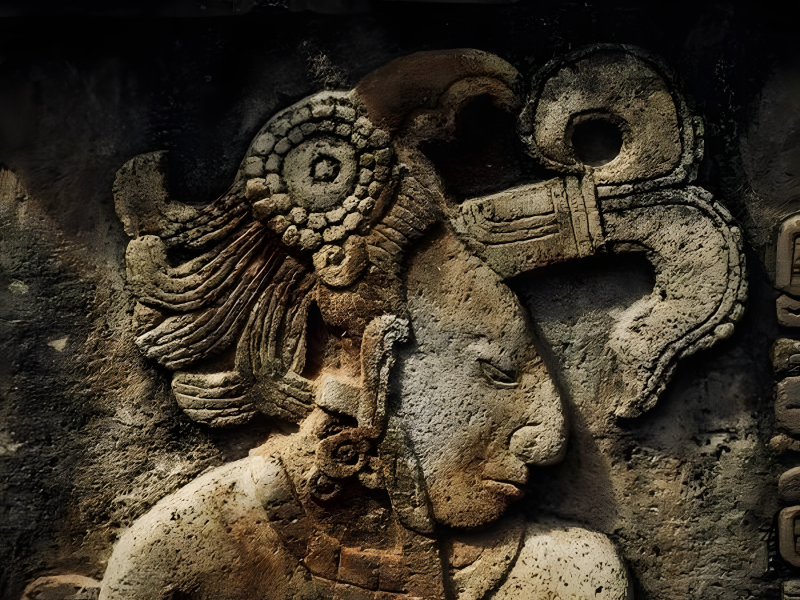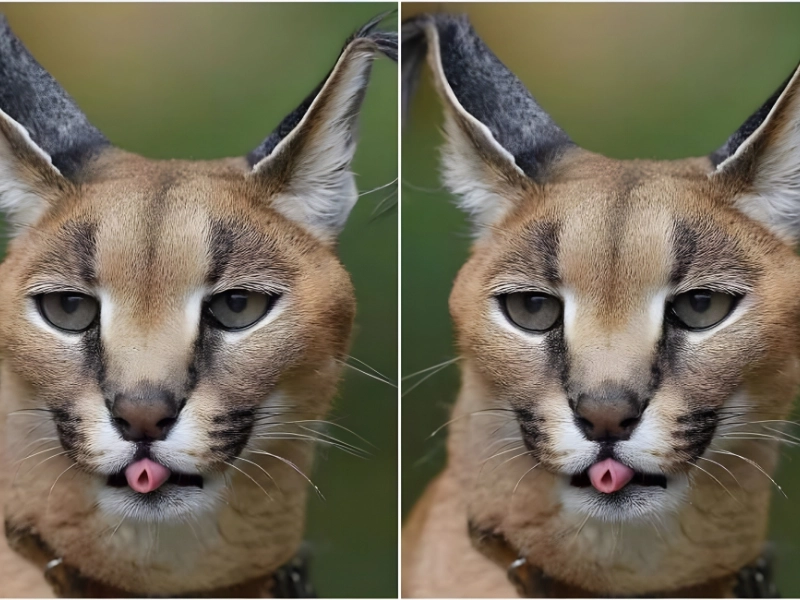Ancient Maya Calendar Mystery: How They Predicted World Events with Stunning Accuracy
8. The Cultural Significance of the Maya Calendar

The calendar also played a central role in religious practices and ceremonies. Certain days held special significance, determining the timing of rituals and offerings to the gods. The Maya believed that aligning their actions with the calendar ensured divine favor and abundance. This spiritual dimension of the calendar highlights Maya profound reverence for the universe and their commitment to maintaining balance with the forces that governed their lives.
The calendar's influence extended to Maya architecture and art. Many temples, pyramids, and monuments were constructed with precise alignments to astronomical events, reflecting the calendar's importance in Maya life. Intricate carvings and inscriptions found on these structures often referenced calendar dates, historical events, and mythological narratives, showcasing the seamless integration of timekeeping and artistic expression.
The calendar also played a crucial role in Maya social organization. It coordinated communal activities such as trade, festivals, and agricultural cycles, ensuring that society functioned cohesively. By structuring their lives around the calendar, the Maya reinforced their cultural identity and collective memory, fostering a strong sense of unity and belonging.
In addition to its historical significance, the Maya calendar's cultural relevance resonates in modern society. As interest in Maya worldview grows, many people today look to their wisdom for guidance. The principles embedded in the calendar encourage us to reflect on our connection to the universe and consider our actions' long-term consequences.
Overall, the Maya calendar holds immense cultural significance, influencing the artistic, social, and spiritual dimensions of Maya life. For the Maya people, it was a compass that guided their beliefs, practices, and sense of identity. By exploring Maya rich cultural legacy, we gain deeper appreciation for their worldview and the lessons they offer for navigating our own interconnected and complex world.










